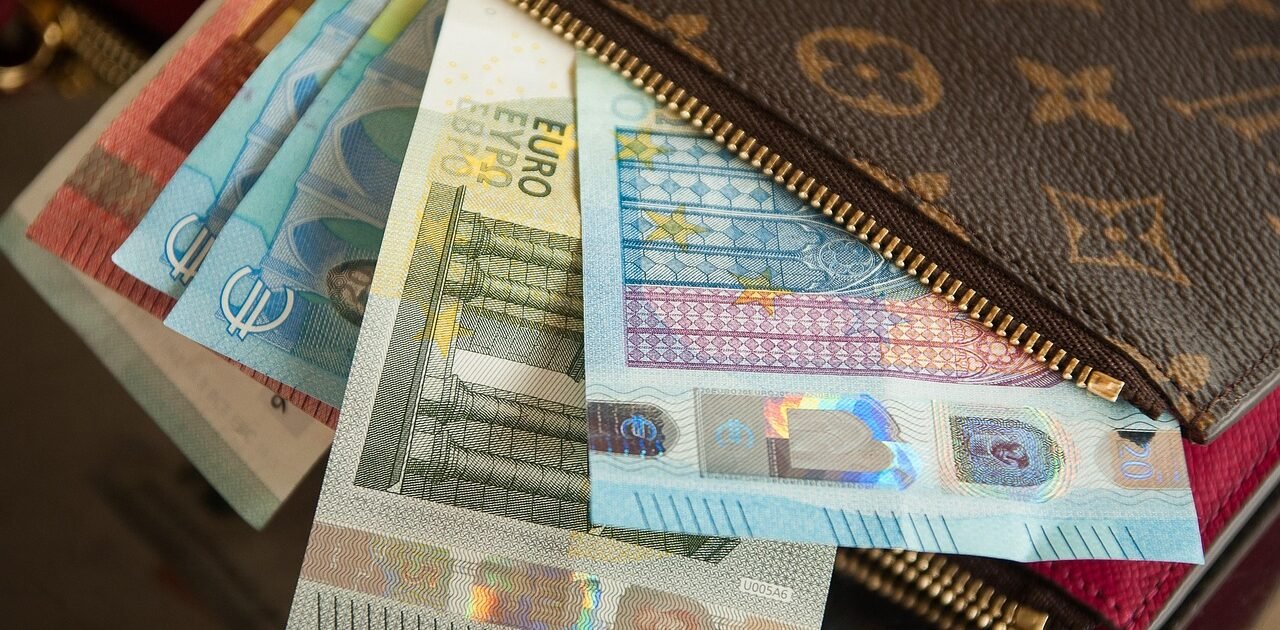Last Updated on August 18, 2025
The Digital euro is one of the most ambitious financial projects in Europe’s history. Unlike Bitcoin or stablecoins, it would be a central bank digital currency (CBDC) issued directly by the European Central Bank (ECB). The goal is simple yet revolutionary: provide citizens and businesses with secure, fast, and widely accessible digital money backed by the same trust as cash.
This article explains what the Digital euro is, why it matters, the progress made so far, and the potential benefits and risks it brings for everyday Europeans.
What Is the Digital Euro?
The Digital euro is not a new currency. Instead, it’s a digital form of the euro that could be used alongside coins and banknotes. Unlike cryptocurrencies such as Bitcoin, which are decentralized, the Digital euro would be issued and managed by the European Central Bank (ECB).
The key difference from your regular bank deposits is that the Digital euro would carry no credit risk — it would be as safe as holding physical euros issued by the ECB.
Why Is the Digital Euro Being Developed?
The rise of digital payments and reliance on global card networks like Visa and Mastercard has raised concerns about Europe’s financial independence. By introducing its own central bank digital currency, the EU hopes to:
- Strengthen monetary sovereignty
- Offer low-cost, instant payments across the eurozone
- Provide financial inclusion for citizens without easy access to traditional banking
According to the ECB’s 2023 consultation, over 43% of Europeans see payment security as the top priority for the Digital euro. This shows strong demand for a safe, ECB-backed digital alternative.
Current Status and Timeline
The ECB began its investigation phase in 2021. In 2023, it launched several pilot programs with banks and payment providers to test practical use cases.
The current timeline suggests:
- 2025–2026: Legislative framework and advanced pilots
- 2027–2028: Potential public rollout if tests are successful
While the exact date is not fixed, the ECB has made it clear that the Digital euro will not replace cash but coexist alongside it.
Potential Benefits and Risks
Benefits
- Secure Payments: Backed directly by the ECB, unlike private payment apps.
- Financial Inclusion: Could help unbanked citizens access digital finance.
- Lower Costs: Instant payments without hefty transaction fees.
Risks
- Privacy Concerns: Citizens worry about the ECB tracking payments.
- Banking Stability: If too many people shift money into Digital euro accounts, it could reduce deposits at commercial banks.
- Adoption Barriers: Consumers may hesitate to switch unless it’s seamless and widely accepted.
Common Questions
Will the Digital euro replace cash?
No, the ECB has confirmed cash will remain in circulation. The Digital euro is meant to complement it.
Is the Digital euro a cryptocurrency?
No. It will not run on decentralized blockchain like Bitcoin. It’s a central bank digital currency.
How will I use it?
The ECB envisions a Digital euro wallet app that citizens could use to pay in stores, online, or peer-to-peer — just like using PayPal or Revolut.
Final Thoughts
So, is the Digital euro just hype or the future of money in Europe? The truth lies somewhere in between. It has the potential to make payments faster, safer, and more inclusive — but questions about privacy, banking risks, and adoption remain.
For now, everyday investors and citizens should stay informed as the ECB moves closer to making the Digital euro a reality. If launched successfully, it could reshape how millions of Europeans handle money in the digital age.
We at Invest Education feel that introducing the digital euro is absolutely a positive thing. It will bring more sovereignty for the EU countries, it will bring all of their economies more closer and will help the business with less taxes from foreign companies. The concerns that it might expose personal transactions to the ECB is not too important for us. All your transactions are already exposed in the digital era we live in. The difference is that access for this information will be held by people that Europeans actually elect while now it is held by foreign companies that can use it for their own benefit.
You can also check out how the Eurozone business activity develops lately.


2 thoughts on “Digital Euro Explained: What It Means for the Eurozone”